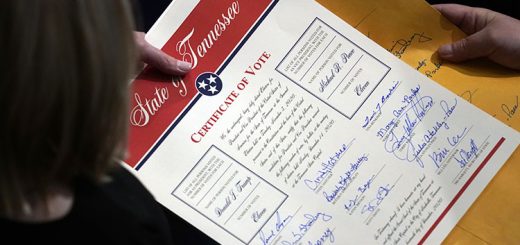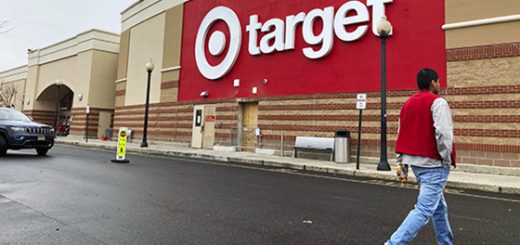The good that comes from failure.
Click here to listen to the broadcast of You Tell Me on Newstalk 600 KTBB, Friday, April 11, 2008.
A few weeks ago, I took my second grade daughter to school. When she got there, she realized that she had left her homework on the table just inside the entryway to our home. Her teacher is a consummate professional who is trying to prepare the kids in her class for the realities of adult life. Second grade is not too early for that teaching. In many ways, it’s almost too late.
So one of the realities of life in my daughter’s second grade class is that you don’t get a pass on your homework. Bringing it in tomorrow is not a substitute for bringing it in when it’s due. If your homework is late, you pay a price.
Thus my little daughter implored me to go back home and retrieve it for her. And I declined. And she teared up. And the sight of her in tears when I had the power to fix her problem killed me.
But I’m not about to deny her an important lesson. It is absolutely necessary for all of us, second graders and grown-ups, to experience the consequences of our failures. If I had gone running home to get the homework, it would have delayed a lesson that will eventually have to be learned, only likely at a higher cost. (And it would have cost me the respect of my daughter’s teacher.)
This past Wednesday I again took her to school and before we left, she quickly checked to be sure that her homework, and all other necessities for the school day, were safely in her backpack.
Lesson learned.
Why are we talking about this?
There is virtue in a skinned knee. There is value in failure. Most of what we learn as individuals and most of what we learn as a society we learn from failure. Our mistakes are our best teachers.
Which is why I think it is a very bad idea for the government to come swooping in to the rescue of people who borrowed more money than they can repay in order to buy a house. Borrowing money should never be taken lightly and one should never expect that some white knight is going to come make the payments if you can’t.
I endorse the “Ownership Society” concept as voiced by President Bush. Individual property rights and individual home-ownership were all but unknown prior to the American experiment. To this day, the high percentage of U.S. citizens that own their own homes is the envy of much of the rest of the world.
But not everyone can own a home and certainly not everyone can own the home of their dreams. If you make $30,000 a year, you cannot afford a $300,000 house. And if you bought more house than you can afford, and you now face losing that house to foreclosure, I am truly sorry but I cannot make the case that you are entitled to relief from the government.
A very good friend of mine shared with me the idea that money problems are seldom solved with money. If you’re chronically short of money, you have a deeper problem that needs to be solved.
Throwing government (read: taxpayer) money at people who can’t make their mortgage payments won’t solve a thing. In all likelihood, it will make things worse. With respect to a pending foreclosure, as painful as I’m sure it must be, it is nonetheless in your interest and it is in society’s interest to let you fail. The lessons to be learned from the excessive borrowing and lending in the home mortgage industry will help create a protective barrier – chastening both borrower and lender – so that the market for home loans is ultimately made more healthy.
Shielding people from the consequences of their bad behavior, in this case borrowing too much money to buy a house, will always lead to more of the bad behavior.
We have become too unwilling to let people fail. Too many of the parents of my daughter’s classmates run home to get the homework. Too often people look to the government, which is in point of fact you and me and every other American taxpayer, to reduce or eliminate the consequences of risks freely taken.
If you bail out homeowners, or businesses, or investment banks, you are effectively endorsing an economic system that seeks to privatize economic gains while socializing the losses.
Such a system will, over time, prove weak and unsustainable.









My wife and I greatly appreciate your commentary. The common sense comments are very unusual in our “victim/entitlement” society and it is encouraging to hear them publicly presented. Personal responsibility is almost lost as a cultural value. Your words harken back to a more noble society. Thank you!
I believe that you put it quite well. Common sense and logic don’t seem to exist any longer. Life is a long series of choices and with those choices comes consequences, some pleasant and some not so pleasant. The entitlement mentality of our society is costing many of us to suffer consequences that we never made choices on but others have and come to us to bail them out….. Government. If you give money to people then you have to take it from other people and the government does that to us responsible people at their whim to our detriment. That my story and I’m sticking to it.
We never learn if we aren’t allowed to fail and suffer the results.